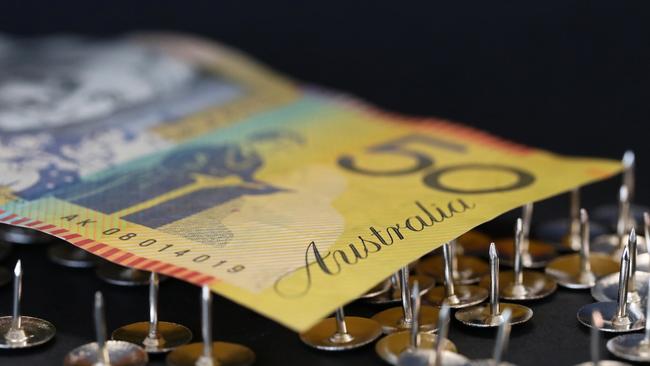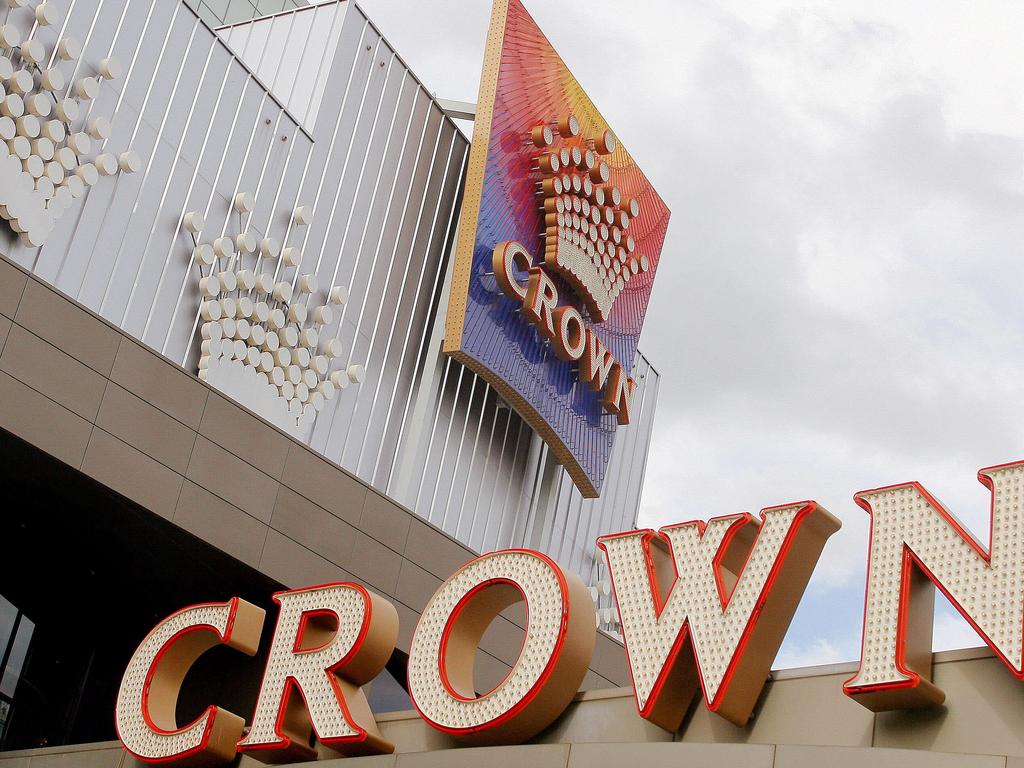
Usefully, attempts to technically suppress the ongoing carnage in sharemarkets are emerging from both regulators and key market players. At best, they will complement wider moves by government to cushion the crisis.
The Australian Securities and Investments Commission introduced a measure which means brokers must limit the number of trades in a session by up to 25 per cent below the volumes they put through last Friday March 13.
Meanwhile, one of the country’s largest industry super funds - UniSuper - made an unprecedented move to arrest “short selling” on the ASX announcing a suspension of lending to short traders.
Similarly, seniors’ representatives are pushing the government to change the limits on pension drawdowns - as it did during the GFC - so that older Australians would not have to be selling shares into a downturn.
“We would ask the government to consider this change in any new stimulus measure and it needs to be done quickly so that it will impact this financial year,’ said Ian Henschke of National Seniors Australia.
A reduction in drawdown requirements would reduce retail share selling on the ASX.
Separately, Coles - one of the relatively strong performers in another dreadful session - announced it was making practical moves to limit the panic buying in supermarkets by restricting opening hours and launching a major labour hire program.
As investors ignored the most recent policy macro policy moves to bolster the market - the ASX 200 finished a sliver above the 5000 point mark at 5002 - a signal that algorithm trading programs had this level built in as a key support level.
Nervous selling utterly dominated the session as traders pushed the ASX 200 down by a record breaking 9.5 per cent.
The sell-off beat the October 10 2008 decline of 8.3 per cent.
Remarkably, Telstra which may benefit from an unexpected boom in home-based workers using its technologies gained 1.8 per cent on the day to $3.38 - a lift that put it among the “best gainers” on the entire market - a category normally reserved for small caps.
Supermarket stocks also held up through the day only to wilt in the last minutes of trade. Coles fell nearly 1 per cent and Woolworths close to 2 per cent.
One of the most dramatic drops in the session was blue chip medical group Cochlear which fell almost 20 per cent to $174.51 as it became clear the group’s elective surgery hearing products would be delayed in the hospital system.
While some institutional investors are openly talking of a “market floor” forming at these levels - we have a 25 per cent drop over the year to date - other institutional investors have called on policy makers to make deeper and more concerted efforts to halt what Macquarie Bank has tagged as a “death spiral” across all markets.
It was the third time in six trading days that the record for a one-day drop on the market was broken - a spell that has meant serious pressure for “long only” investors and a boom period for shorting.
Short traders in the market are reportedly furious with the decisions by UniSuper, which only gives them days to return borrowed stock. The decision will also have longer term consequences for super funds and their role in supporting short sellers.







We are at the decisive point of this market crisis. The sharemarket falls are accelerating and the first efforts to limit share trading activity have appeared simultaneously.